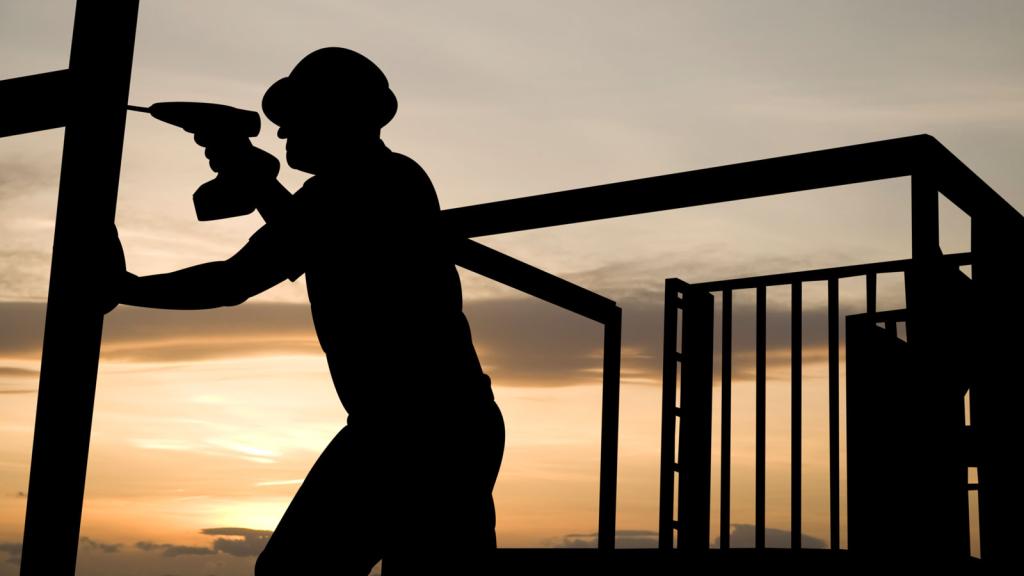Denise Grab is a manager and Jonny Kocher is an associate on RMI’s Carbon-Free Buildings team. RMI is an independent nonprofit founded in 1982 that transforms global energy systems through market-driven solutions to secure a clean, prosperous, zero-carbon future for all.
Building codes are long. They are wonky. They are dense. And they’re one of the most powerful tools policymakers can use to fight climate change, improve public health, and save households money.
States and cities across the country are revamping these often arcane ordinances to limit the use of fossil fuels in homes and workplaces. It’s an essential shift, as gas-powered appliances like furnaces and water heaters are a key component of global warming but rarely at the forefront of solutions. But most municipalities don’t have the resources to engage in the monthslong process of writing climate-aligned codes. That process can and should be easier.
California provides the latest model. Its pioneering Building Energy Efficiency Standards, which the state energy commission adopted unanimously in August, incentivizes builders to go all electric and prioritizes... Read more
